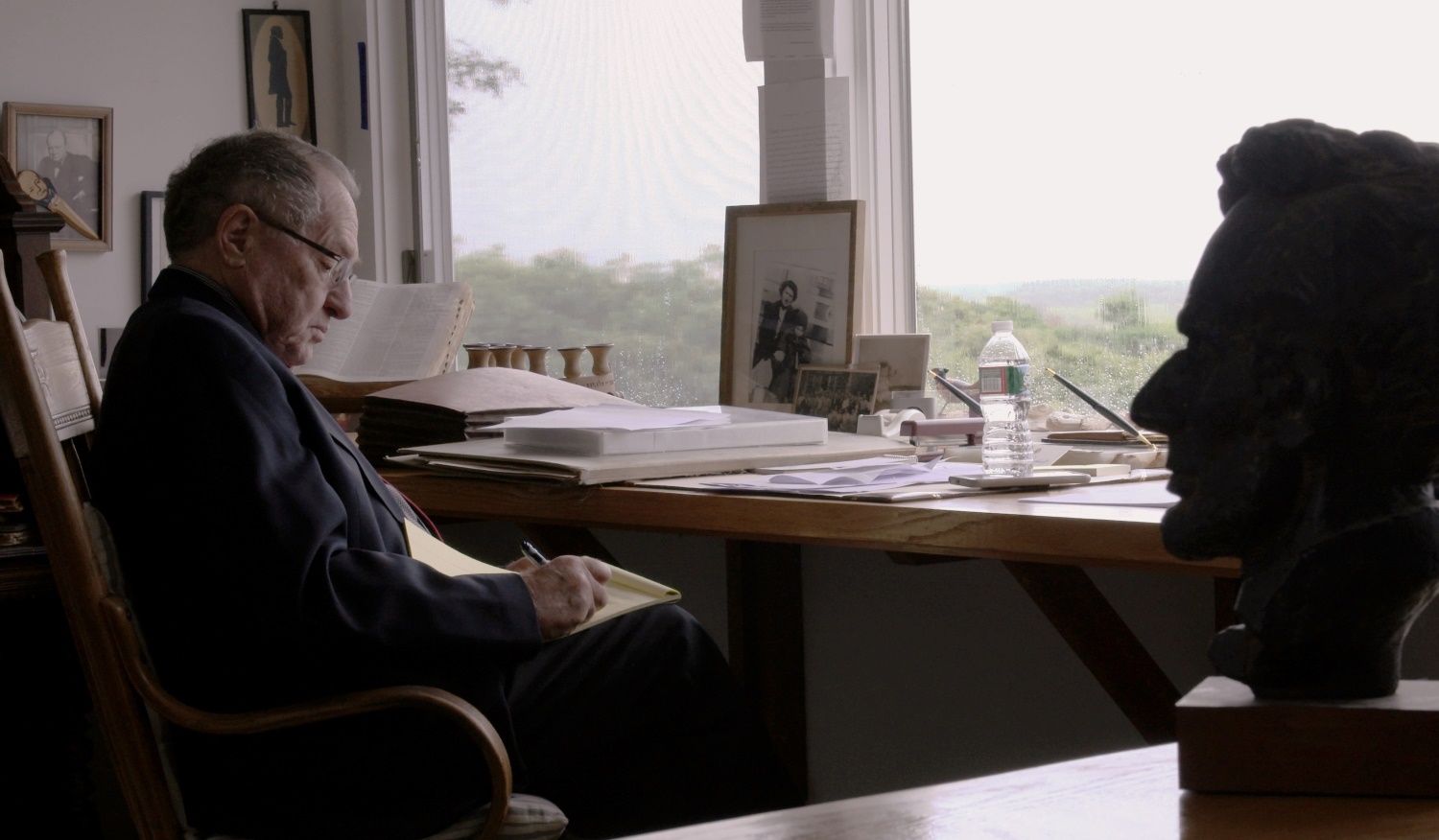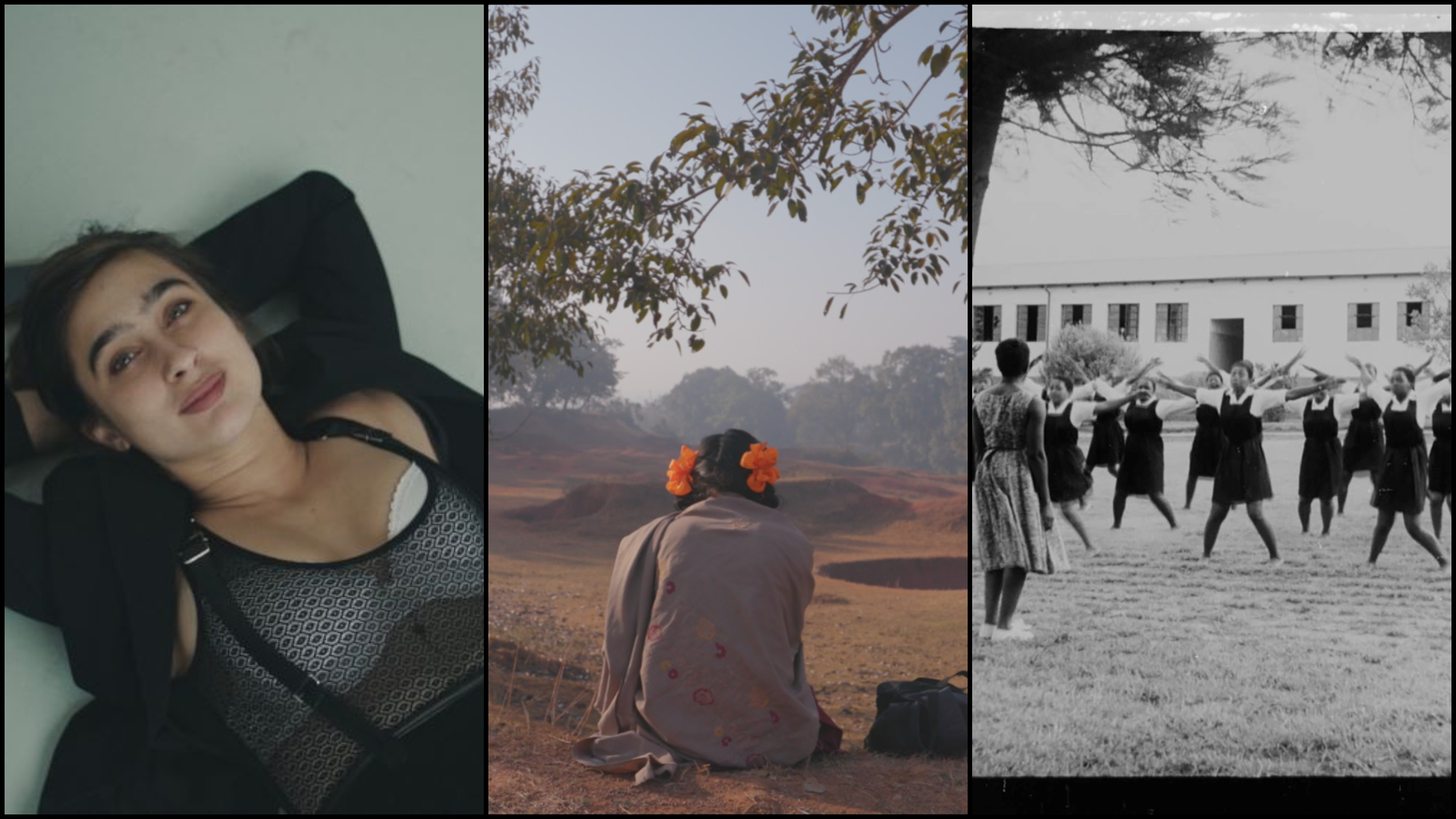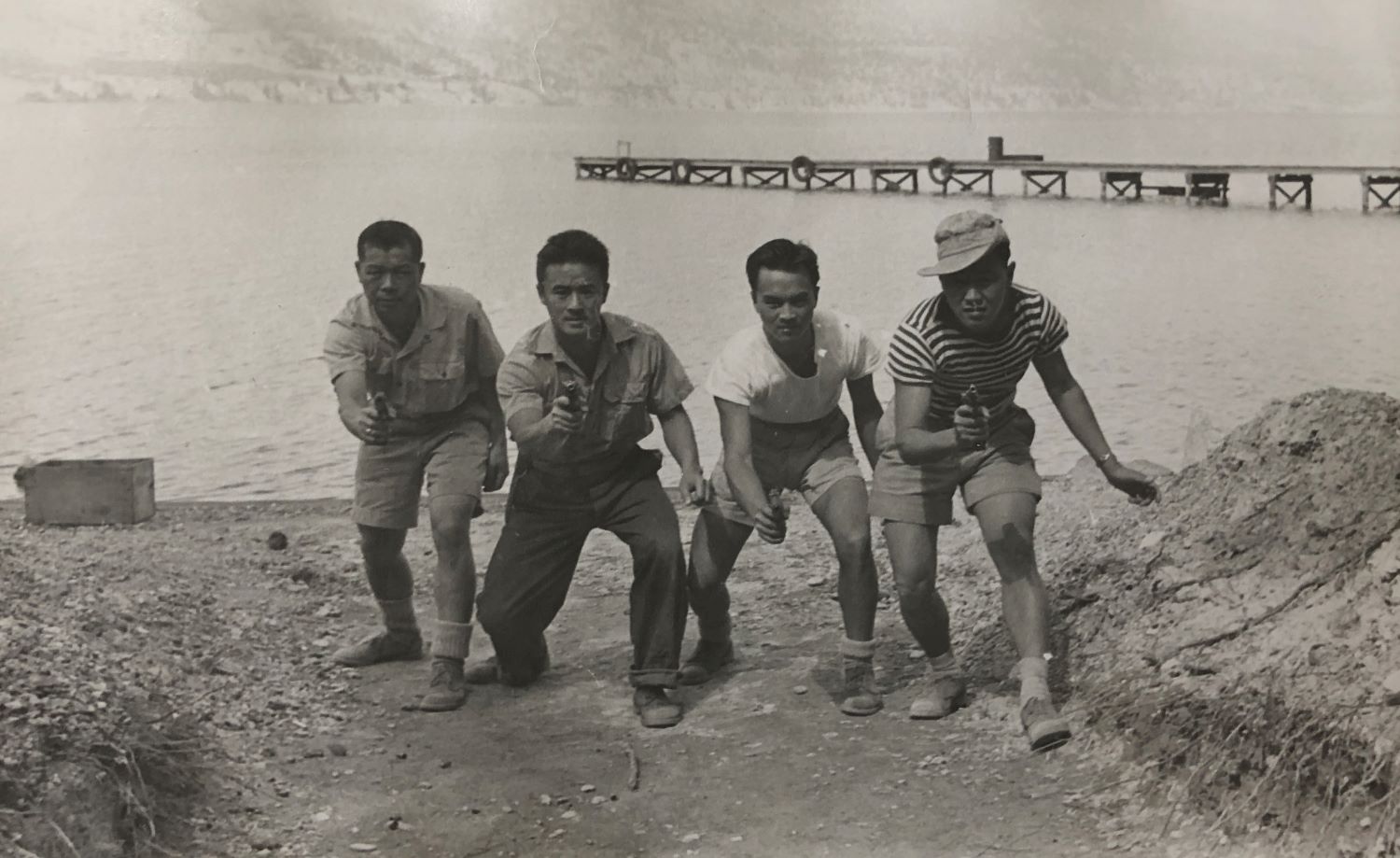The Trials of Alan Dershowitz
(Canada, 119 min.)
Dir. John Curtin
Section: Portraits (Voices of Canada)
From the very beginning, John Curtin’s The Trials of Alan Dershowitz wants you to know the level of controversy surrounding its eponymous subject. In an almost television-style opening sequence, audiences are flashed through the New York power lawyer’s heavily publicized career, which includes some of the most contentious celebrity court cases in history. From the murder trial of O.J. Simpson to the tax evasion scandal of Leona Helmsley, Dershowitz has maintained a staunch, unwavering support of fundamental civil rights even for the public’s most divisive figures. After playing a part in helping former President Donald Trump – arguably his most despised client – evade impeachment, his reputation became more hotly debated than ever. Is he a noble man shedding personal bias to uphold the justice system, or is he complicit in the deeds of harmful individuals?
All of this suggests there has never been a better time to make a documentary about Dershowitz. However, it’s hard to imagine a less-compelling version than what Curtin presents here. His attempts to understand the psyche behind one of American law’s most elusive figures slowly devolves into a glorified clip show. The title really says it all: this is a film far more interested in the trials Dershowitz had a hand in rather than the man himself, yet it doesn’t give viewers much insight beyond what they could read in a Wikipedia article. There’s merit in wanting to revisit many of these cases with the power of hindsight, but the film shifts between too many of them for anything deep to rise to the surface. This isn’t to say there wasn’t potential; Curtin’s reassessment of Dershowitz’s infamous loss attempting to appeal Mike Tyson’s rape conviction features a rare present-day interview with Tyson himself. The documentary certainly makes one gain sympathy for the former heavyweight champion based on his conviction alone.
However, even then, the documentary presents a fairly selective bias toward Dershowitz in its retelling of events, especially in the context of cases where he went against female victims of assault. Speaking of Tyson again, Curtin makes the bold claim that the boxer’s charge was unfounded and that the cards were stacked against him from the start. It’s a query worth investigating, yet not enough support is given for an honest re-evaluation, including testimony from prosecutor Desiree Washington. A similar ignorance is present when reminiscing over scandals like O.J. Simpson’s murder of Nicole Brown Simpson and former President Bill Clinton’s impeachment over sexual impropriety with Monica Lewinsky (which Dershowitz publicly opposed, of course). Despite the documentary banging his contentious reputation over one’s head like a sack of hammers (one man suggests that Dershowitz would have represented Hitler in court), these cases are approached with a clear and heavy predisposition toward Dershowitz, even in a post-“Me Too” era America. It will leave one wondering if Dershowitz was even on the right side of history in the first place.
Regardless, the film’s target audience (read: older, informed lawyers or law aficionados) likely knows all there is to learn about these infamous trials. What they may not realize is how Dershowitz became the man that would take them on. Curtin’s film isn’t entirely devoid of a personal touch, traipsing around his subject’s life and times through a short series of informative vignettes. We learn about Dershowitz’s childhood living in the Orthodox Jewish community of Borough Park, New York, how he met his second and current wife, Carolyn, and even his friendship with beloved Jewish comedian Larry David, amongst other things. However, the film’s best moments are those of that stray away from exposition and simply capture its subject living his life, such as Dershowitz preparing a family dinner while cheekily singing “Caviar Comes from a Virgin Surgeon,” or saying Kaddish for his father in his childhood synagogue. The film is in desperate need of more candid moments like this, moments that naturally reveal his humanity. These are essential to most biographical docs, yet here they are rather haphazard, featuring unpolished vérité photography and bizarrely placed text inserts to account for information missing from Dershowitz’s interviews.
They may be so few and far between because Dershowitz, in the film, claims he is a relatively unremarkable person considering his penchant for scandal. However, he later claims he is provocative by design. “I enjoy controversy,” Dershowitz admits at one moment. “I enjoy winning when everyone thought I was gonna lose. Is that a good thing? Probably not.” How does one hear this stark juxtaposition without wanting to do some digging? It’s confounding that Curtin’s final product does so little to center Dershowitz’s actual personality when it is so clearly delusional despite his best intentions. There’s a compelling character study hidden inside Curtin’s plodding history lesson somewhere. Sadly, wherever it is, it is buried underneath a largely lifeless portrait of a man who has probably lived more life than most Americans combined.
By the end of its overstretched two-hour runtime, the film eventually reaches a final note in which Dershowitz ruminates on the best words to engrave on his tombstone: “One possible candidate is, ‘He was never boring.’” Oh, the irony.
The Trials of Alan Dershowitz held its World Premiere as part of DOC NYC 2023.
It is available on the festival’s virtual platform until November 26.
It is currently seeking distribution.












